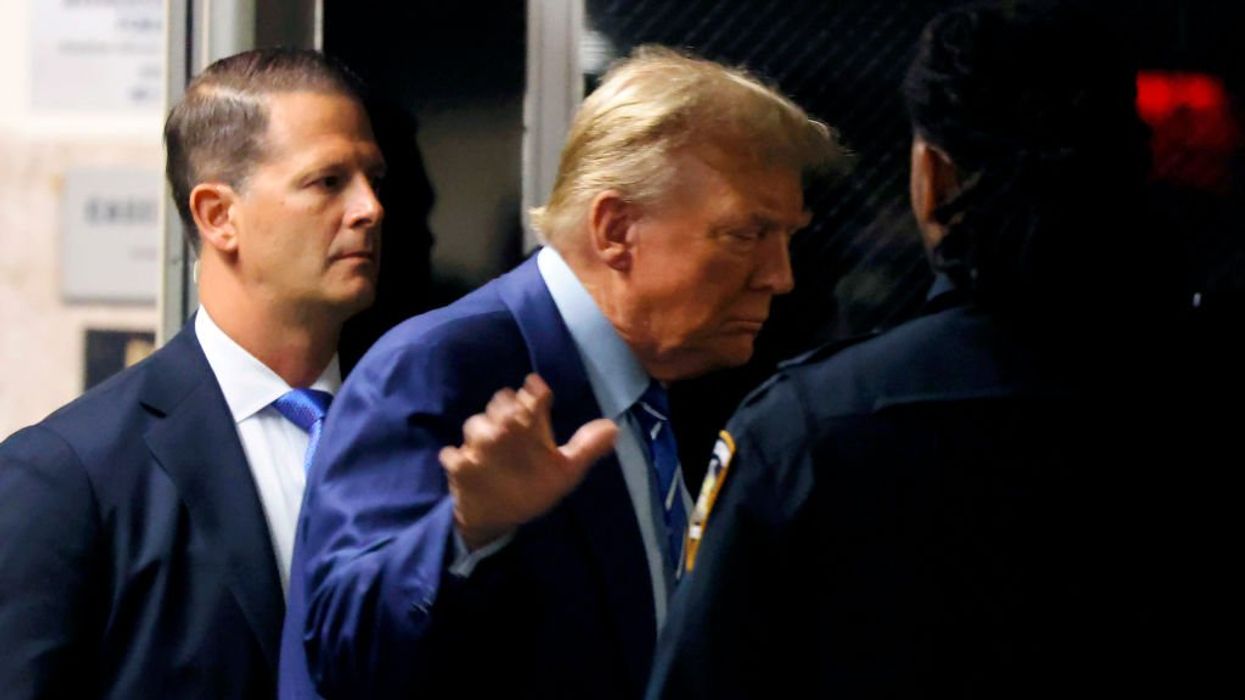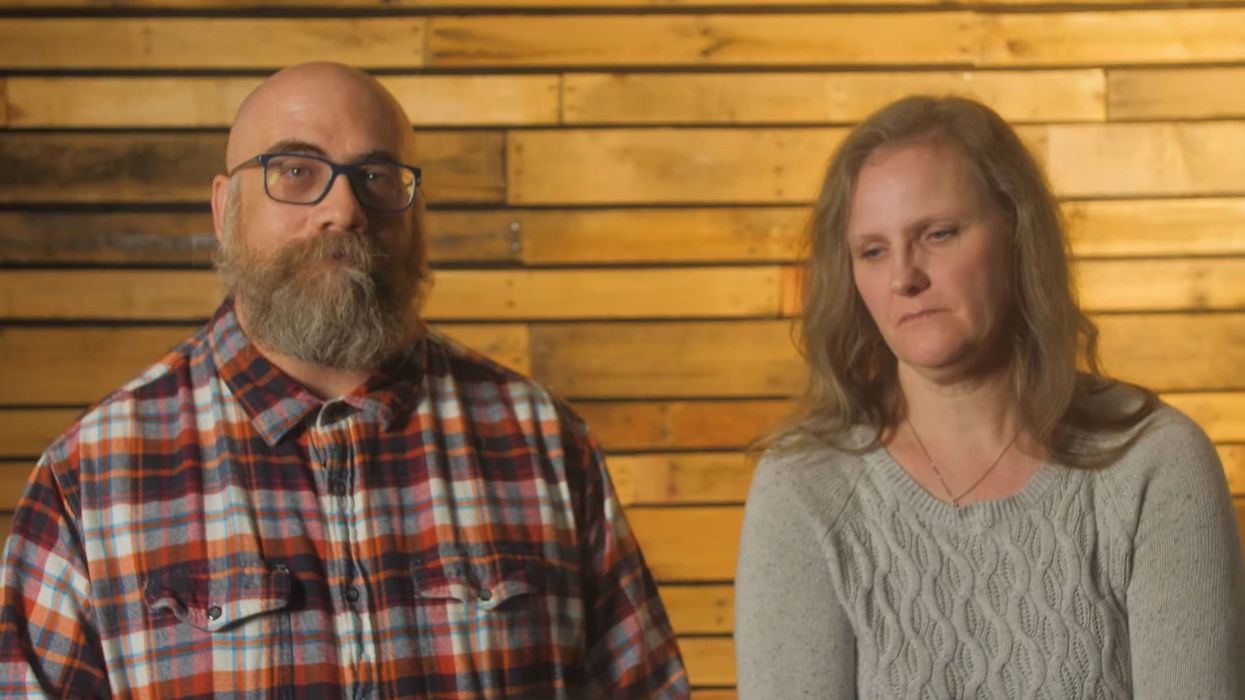
© 2024 Blaze Media LLC. All rights reserved.
"...twisted to permit federal law enforcement agencies to actively lie to the American people.”
Recall, the newly inaugurated President Barack Obama emphasizing the importance of a transparent government, even noting the Freedom of Information Act as integral in promoting this openness. Fast forward to March 2011, when draft revisions to FOIA were published and then to these last few months when the revisions were reopened for public comment: one of the revisions proposed by the Justice Department would allow federal agencies to lie about a document's existence.
FOIA requests can be made by citizens and reporters to disclose information controlled by the government. The section in the revisions coming under fire by civil liberties groups reads as follows:
When a component applies an exclusion to exclude record from the requirements of the FOIA pursuant to 5 U.S.C. 552(C), the component utilizing the exclusion will respond to the request as if the excluded records did not exist.
The Daily Caller has more on the story:
In a public comment regarding the rule change, the [American Civil Liberties Union], along with Citizens for Responsibility and Ethics in Washington (CREW) and OpenTheGovernment.org, said the move “will dramatically undermine government integrity by allowing a law designed to provide public access to government information to be twisted to permit federal law enforcement agencies to actively lie to the American people.”Anne Weismann, the chief counsel of CREW, said the Justice Department has a legitimate purpose behind the rules: to protect sensitive information about ongoing investigations. However, she said lying about the records “is an overbroad and improper response.”
Usually, an exemption is cited as a reason for denying disclosure to a government controlled document, the person using FOIA could sue to try and receive the information. But if they are told the document doesn't exist in the first place, they will have no grounds.
Wired, in its report, states that judges are already lenient in some cases when lies are told over FOIA cases:
Consider that, two weeks ago, a federal judge decided not to hold the CIA in contempt for destroying videotapes of detainee interrogations that included the use of a torture technique known as waterboarding, ruling instead that the spy agency merely committed “transgressions” for its failure to abide by his court order in a FOIA case brought by the ACLU.Punishing the Central Intelligence Agency, U.S. District Judge Alvin Hellerstein of New York ruled, “would serve no beneficial purpose” because CIA officials responsible for producing the tapes might “not have been aware of the videotapes’ existence before they were destroyed.”
In April, a federal judge simply chastised the government for withholding documents in another ACLU public-records case, ruling the government cannot “mislead the court.”
Current FOIA practice, according to Wired, allows the government to "neither confirm nor deny" a document's existence for matters that involve national security.
Want to leave a tip?
We answer to you. Help keep our content free of advertisers and big tech censorship by leaving a tip today.
Want to join the conversation?
Already a subscriber?
more stories
Sign up for the Blaze newsletter
By signing up, you agree to our Privacy Policy and Terms of Use, and agree to receive content that may sometimes include advertisements. You may opt out at any time.
© 2024 Blaze Media LLC. All rights reserved.
Get the stories that matter most delivered directly to your inbox.
By signing up, you agree to our Privacy Policy and Terms of Use, and agree to receive content that may sometimes include advertisements. You may opt out at any time.


